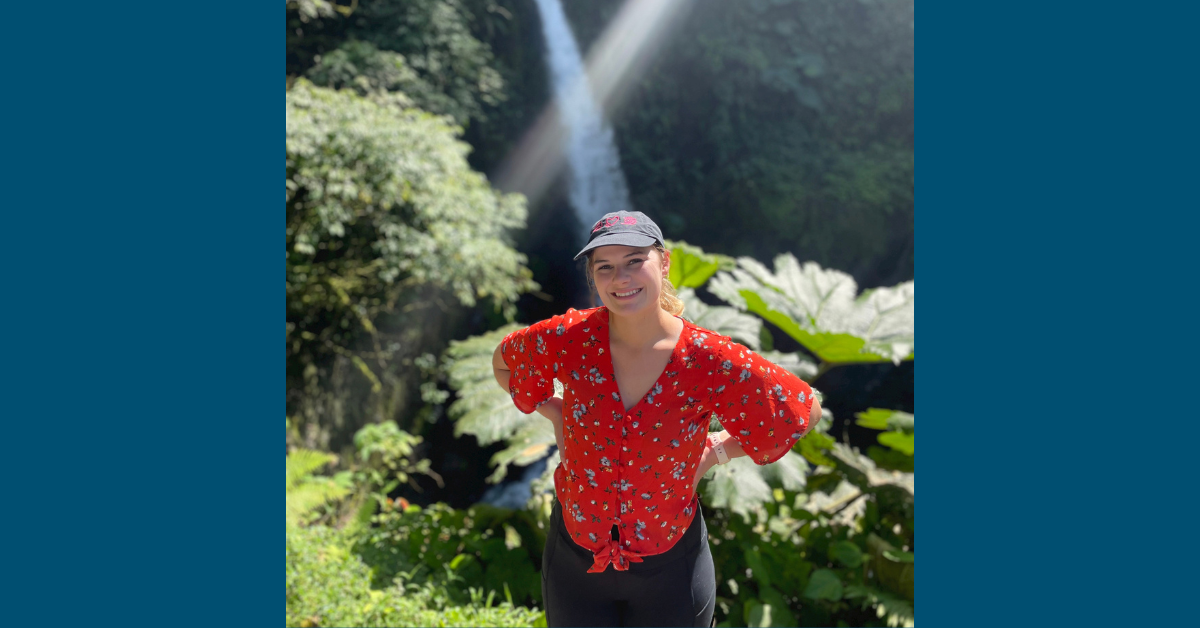MSc Challenge with Space Intelligence

The fight against deforestation – supporting sustainable land use with satellite data
Computer Science MSc student, Megan, shares their experience with taking part in the School of Mathematics’ annual interdisciplinary MSc Challenge.
For one week, Master’s students from diverse academic backgrounds – mathematics, informatics and geosciences – came together to take on the week-long Earth Observation to Support Sustainable Land Use MSc challenge co-hosted by the School of Mathematics and our industry partner, Space Intelligence.
Every day a wealth of information about our planet is collected in the form of satellite data. The goal of this challenge was to work in groups to understand the process of deforestation in Bolivia through analyzing satellite data and exploring research on environmental degradation in the region.
Each student group consisted of at least one geoscientist, mathematician and informatician. This diversity of academic backgrounds created an atmosphere of focused collaboration with each participant contributing to a productive team dynamic. Guided by the geoscientist’s expertise in geographic data and supported by the mathematical and informatics students’ proficiency in machine learning, we navigated through the complexities of satellite imagery analysis to develop models that could predict the classification of land based on the satellite data.
During this challenge, we leveraged powerful data tools such as Google’s Earth Engine and Microsoft’s Planetary Computer for environmental analysis. With these tools, we had access to large amounts of geospatial data and advanced analytical tools, empowering us in our investigation of trends in ecosystem management, environmental degradation and land use change. Space Intelligence did a fantastic job in creating Python notebooks that instructed us on how to access and make sense of the environmental data that we were researching. Their diligence in creating these resources meant that students without a strong background in coding were able to jump right into navigating and interpreting complex environmental datasets. We also had opportunities to speak with members of the Space Intelligence team who were incredibly supportive and receptive to our questions.
Within our teams we engaged in rigorous discussions, challenged assumptions, and iteratively refined our methodologies. The collaborative spirit fostered an environment where innovative ideas emerged. As the week continued, our teams became closer and the quality of our work improved as we clarified our research questions and continued to support each other.
On the final day, we presented our findings to a panel of judges. As every member of a team contributed to the final project, we made sure that everyone had the chance to present during this demonstration. This was a great opportunity for each of us to refine our public speaking skills in an encouraging environment. Following the presentations, the event was rounded out with a final reception where we celebrated our hard work alongside great food and drink.
The MSc Challenge provided a valuable opportunity to harness the power of teamwork to tackle complex challenges. This event was an inspiring and exciting way to use the skills we had each gained from our respective disciplines and apply them to a field that many of us had never worked closely with. By leveraging our collective expertise and embracing interdisciplinary collaboration, we demonstrated the potential of space intelligence in driving meaningful insights and informing sustainable practices.



